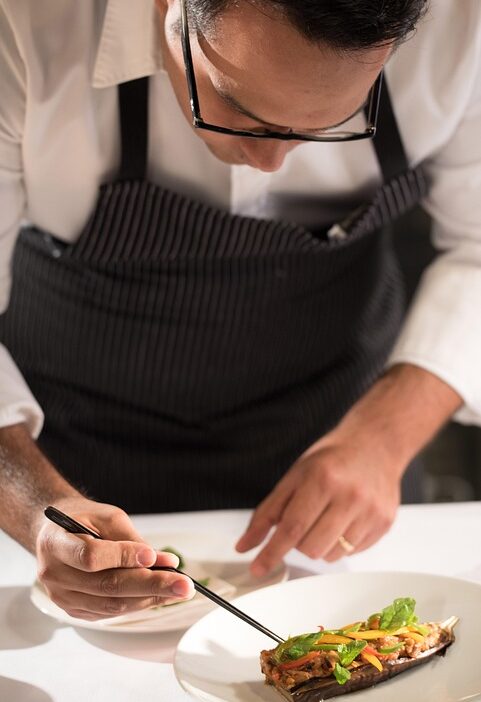Unveiling the Secrets: What It Takes to Earn a Michelin Star
Earning a Michelin Star is a coveted accolade in the culinary world, symbolizing exceptional quality and creativity in dining. For chefs and restaurateurs, it can elevate a restaurant’s reputation, increase its visibility, and significantly boost business. Yet, the journey to earning this prestigious star is often shrouded in mystery. Here we delve into the rigorous criteria, the evaluation process, and what it truly takes to achieve Michelin-star status.
Understanding the Michelin Guide
The Michelin Guide, first published in 1900, served as a travel companion for motorists. Over time, its focus shifted towards food, evolving into a benchmark for fine dining. Today, the guide evaluates restaurants around the globe, with stars awarded based on quality, technique, and overall experience. The stars are classified as follows:
- One Star: A very good restaurant in its category.
- Two Stars: Excellent cooking, worth a detour.
- Three Stars: Exceptional cuisine, worth a special journey.
The Evaluation Criteria
While the exact workings of the Michelin evaluation process remain confidential, several key criteria have been recognized as essential in achieving a star:
-
Quality of Ingredients: High-grade, fresh, and often locally sourced ingredients are paramount. The selection of ingredients impacts not only flavor but also the visual appeal of a dish.
-
Mastery of Technique: Precision in cooking techniques is essential. Chefs must demonstrate an exquisite command of culinary skills, whether through traditional methods or innovative approaches.
-
Personality of the Chef: A Michelin-starred restaurant often reflects the unique vision and creativity of its chef. Diners should feel a connection to the chef’s aesthetic and philosophy through the menu.
-
Value for Money: Michelin inspectors closely consider whether the dining experience provides value relative to its price. A memorable meal, even at a high cost, should feel justifiable.
- Consistency: A one-off experience will not suffice; consistent excellence across multiple visits is crucial. This includes not just the food, but also the overall service and ambiance.
The Mystery of Michelin Inspectors
The Michelin inspectors are anonymous professionals who partake in undercover dining experiences. Their evaluations are comprehensive, often involving multiple visits, types of dishes, and even factors like cleanliness and service quality. Inspectors are trained to identify and assess every component of the dining experience, ensuring that stars are awarded based on merit alone.
The Journey to a Star
Achieving Michelin recognition doesn’t happen overnight. It often requires years of hard work, dedication, and continual refinement of culinary practices. Here’s what aspiring chefs can do:
-
Focus on Innovation: Successful chefs must continually innovate, pushing culinary boundaries while also respecting tradition.
-
Build a Knowledgeable Team: A talented and cohesive kitchen brigade is invaluable. Every member plays a role in creating an exceptional dining experience.
-
Engage with the Community: Building relationships with local farmers, artisans, and food suppliers can enhance a restaurant’s quality and uniqueness.
- Emphasize Service and Ambiance: Service quality and the overall environment can significantly affect diners’ experiences. Attention to detail in every aspect is essential.
Not Just About Stars
While earning a Michelin Star can drastically enhance a restaurant’s profile, it’s important for chefs and restaurateurs to recognize that the star system is not the only measure of success. Passion for food, customer satisfaction, and personal fulfillment should equally guide their culinary journeys.
In Conclusion
Earning a Michelin Star is no small feat; it’s a journey that requires dedication, skill, and a relentless pursuit of excellence. While the allure of such accolades is undeniable, the true essence of a great restaurant lies in its ability to provide a memorable experience, one that nourishes both the body and soul. As the culinary landscape continues to evolve, the Michelin Guide remains a prestigious, albeit challenging, milestone for those passionate about gastronomy.



